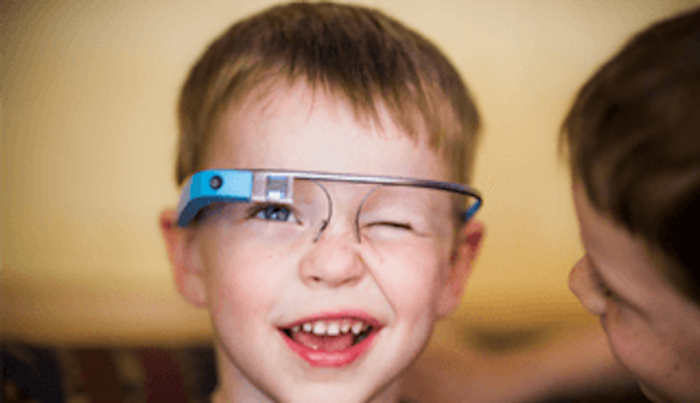From the Series

Children with autism find it difficult to recognise facial expressions, which means that they cannot read people’s emotions. This makes daily social interactions extremely challenging.
Behavioural therapy helps these children understand and register human emotions but this process is both lengthy and costly. Autism Glass makes this process much easier. It comes in a pair of smart eyeglasses that use Google Glass technology and artificial intelligence (AI) to help autistic people read facial expressions and emotions in real-time.
Developed by researchers at the University of Stanford, the glasses feature a small built-in camera on the outer frame. When an autistic child puts on a pair of the glasses, the system's integrated machine learning or artificial intelligence capabilities assist the child in reading facial emotions when interacting with a person. Machine learning is a form of AI that provides computing systems with the ability to learn without having been programmed.
The software is designed to work like a game in which the glasses provide an interactive learning experience. For example, the glasses ask the children to point out someone that is happy and if they look at someone who is smiling, the system acknowledges this and rewards them with points.
The glasses are connected to a smartphone app, which helps children, their parents and doctors track their progress and even play back the interactions.
Currently, the glasses are still in the testing phase in a clinical trial involving 100 people with Autism Spectrum Disorder. While the technology could provide substantial insight into Autism, there are still improvements to be made in the software such as refining the development of complex facial expression recognition.







